A North Korean soldier captured by Ukrainian forces has expressed his intention to defect to South Korea, raising questions about whether Seoul will negotiate with Ukraine to facilitate his transfer, South Korea’s news outlet The Chosun Ilbo reported on February 19.
In an interview with the Chosun Ilbo, published on February 19, the soldier, identified as Ri Mo, stated that he is “80% determined” to seek asylum and plans to first apply for refugee status before moving to South Korea.
This marks the first time a North Korean prisoner of war has publicly declared such an intention.
Ri, who said he served in the Reconnaissance General Bureau, claimed he was misled by a North Korean intelligence officer into believing that all drone operators on the battlefield were South Korean soldiers.
According to him, ideological control within his unit was strict, with one or two security officers assigned to each battalion of approximately 500 troops.
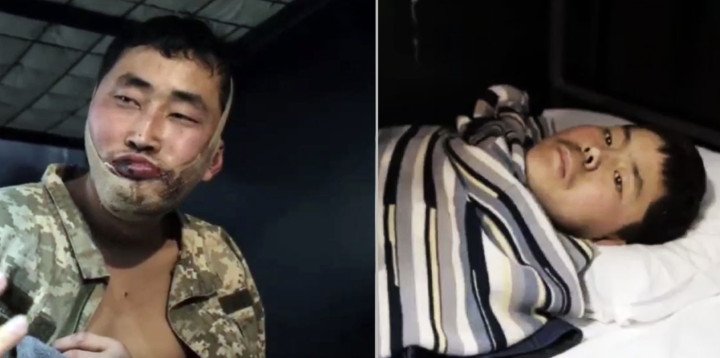
He left North Korea in early October and underwent training in Vladivostok before being deployed to the Russian region of Kursk in mid-December, where intense fighting was taking place.
He was unable to contact his family for three months before arriving in Russia, and his parents were unaware of his deployment.
Ri said he was seriously wounded in battle, suffering severe injuries to his jaw and arm. He claimed that nearly all of his unit was killed by Ukrainian drone and artillery strikes. “When the drone attacked, one or two of the people who saved me died, and I was the only one who survived,” he said.
Asked if he had orders to detonate himself rather than be captured, he responded, “In the People’s Army, being a prisoner is like being a traitor.” He added that he might have followed through with such an order had he been carrying a grenade.
He expressed fear for his family in North Korea, saying that if authorities learned of his capture, his parents would not be safe in Pyongyang. He also shared aspirations of attending university after his military service, describing his paternal relatives as scientists and expressing a desire to follow a similar path.
With Ri’s intent to defect now public, attention has turned to how the South Korean government will respond. Lee Jae-woong, a South Korean spokesperson for the Ministry of Foreign Affairs, stated in a briefing on January 14 that, according to the South Korean Constitution, North Korean soldiers are considered South Korean citizens.
“We plan to consult with Ukraine if they request defection,” he said. The South Korean National Intelligence Service also confirmed in a National Assembly Intelligence Committee report on January 13 that negotiations would proceed if the captured soldier formally requested asylum.
Before engaging in talks with Ukraine, however, the government plans to independently verify Ri’s intent to defect. The process may be complicated by international laws on prisoners of war.
The Geneva Convention stipulates that captured soldiers must be repatriated to their home country after the cessation of hostilities. Given that North Korea does not acknowledge its troops' presence in Russia, repatriation could involve returning them to Russia first, from where they could be sent back to North Korea.
Some legal experts argue that Ri may qualify for an exception under the International Committee of the Red Cross’s interpretation of the Third Geneva Convention, as he has publicly declared his wish to seek asylum and could face severe human rights violations if returned to North Korea.
-554f0711f15a880af68b2550a739eee4.jpg)
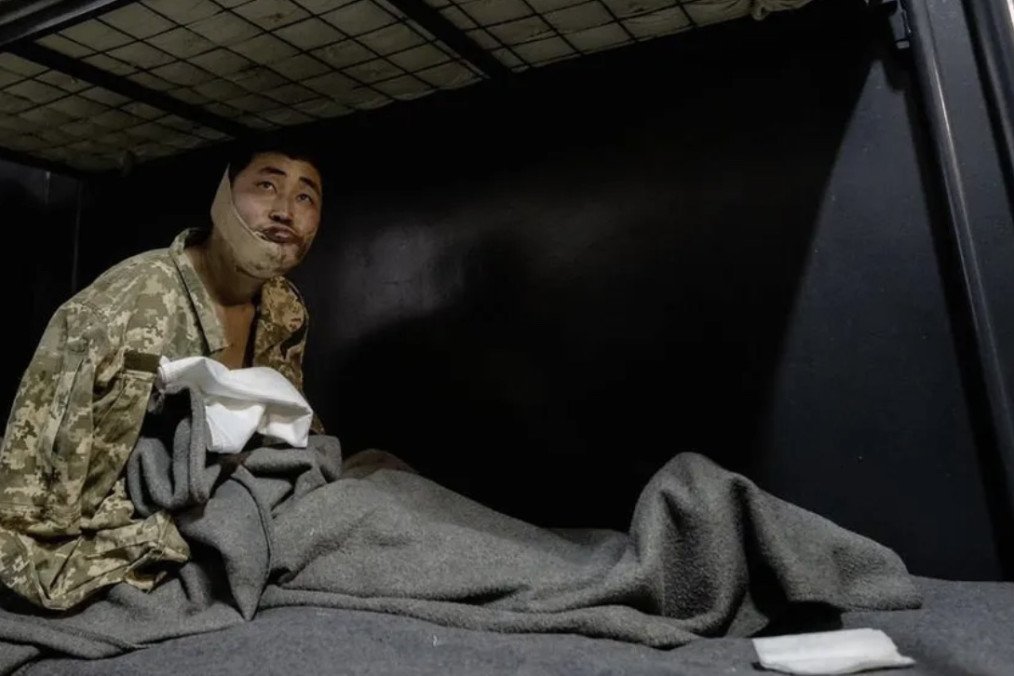
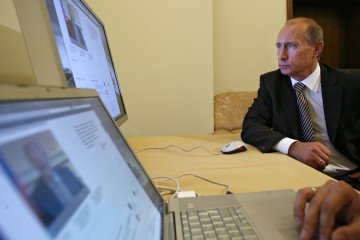
-111f0e5095e02c02446ffed57bfb0ab1.jpeg)
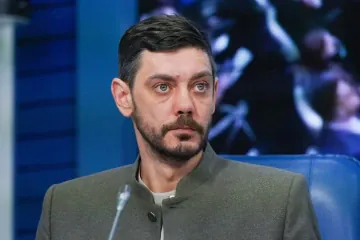
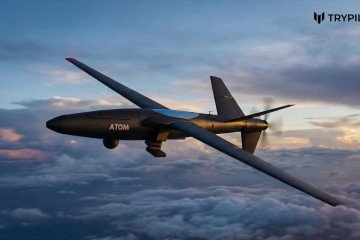
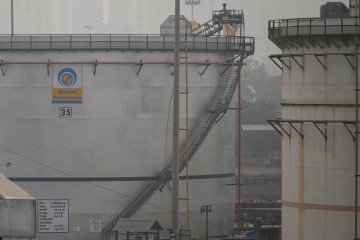
-72b63a4e0c8c475ad81fe3eed3f63729.jpeg)